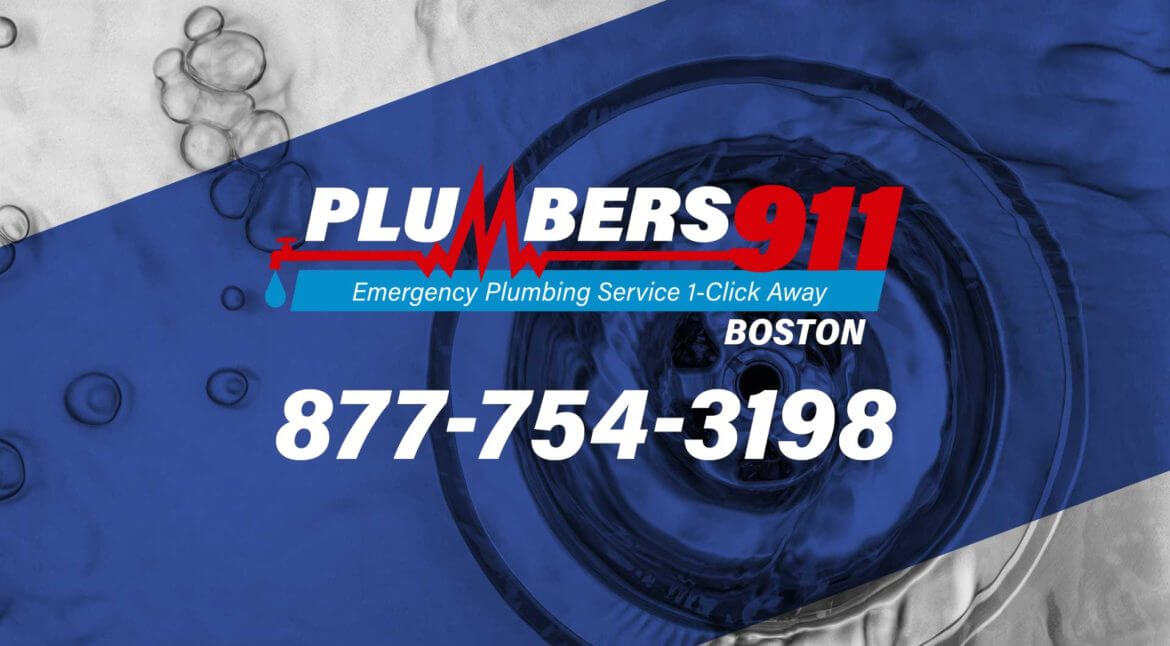Many residential sewer lines in Boston are over 70 years old. As a result of the age and condition of these lines, sewer backups have become increasingly common.
Sewer pipes are typically made of PVC, cast iron, clay, or Orangeburg — materials that will break down over time. When these pipes break or crack, your sanitary sewer line will set the stage to back up.
Fortunately, a backed-up sewer is a preventable problem. Call Plumbers 911 Boston to have one of our affiliated contractors inspect and clean your sewer lines to prevent a nasty backup.
Here are a few reasons why your sewer may backup, signs there is a problem and what you can do to prevent or fix the disaster.
Common reasons for sewer backup
The most common reason for sewer failure is aging pipes. If you have not replaced your sewer pipes in the last 20 years, you should have them regularly inspected by Plumbers 911 Boston for signs of failure.
Tree roots are another common problem since they will penetrate small cracks within your sewer line to reach the water in the pipe. As the roots grow in the pipes, they rupture the line or cause an obstruction.
Another problem is routing gutters, downspouts and sump pump to your sewage system. Routing is illegal, but it will increase the water flow. If a lot of rain falls in a short period, the water could back up into your house. There’s potential for silt and clog.
Signs of sewer backup
It is crucial to recognize the signs of sewer backup quickly so you can act swiftly. The quicker you can identify the problem, the faster you can fix it. Possible symptoms of a backed-up sewer include:
- Multiple clogged drains.
- Bubbles are forming near a drain or when a toilet is flushing. The bubbles signify that air may be trapped in a clogged pipe as water pushes through the blockage.
- Toilets that will not flush or routinely clog.
How to prevent sewer backup: Call Plumbers 911 Boston
Fortunately, there are preventative measures you can take to reduce the risk of sewer backup.
Our contractors will look for damage, cracks, and clogs. They can snake sewer lines. If necessary, a camera inspection can find any cracks.
Also, avoid putting fats, oils, coffee grounds, rice, pasta and other solids down your kitchen drain. Pour grease into a heat-resistant container and dispose of it properly once it’s cooled.
If you think your sewer lines are at least 50 years old, consider replacing them before a problem occurs.
Another preventative measure is to have your plumbing system professionally inspected by an affiliated contractor from Plumbers 911 Boston. They can correct any issues and prevent a sewage disaster.
Is your sewer line backed up? Call Plumbers 911 Boston
If your sewer line is backed up, showing warning signs of backing up, or you want your lines inspected or cleaned just to be safe, call Plumbers 911 Boston and get referred to one of our expert plumbers who can perform this work.
All our Boston Licensed Plumbers are highly trained, vetted and drug tested. Call Plumbers 911 Boston and schedule a time for a trusted, licensed Plumber to come to your house.


